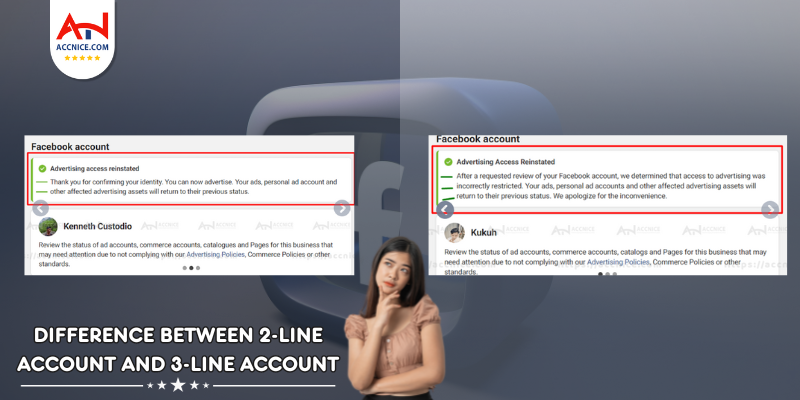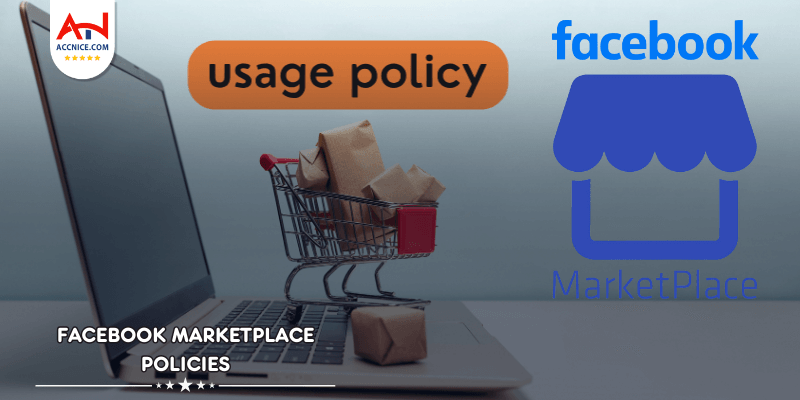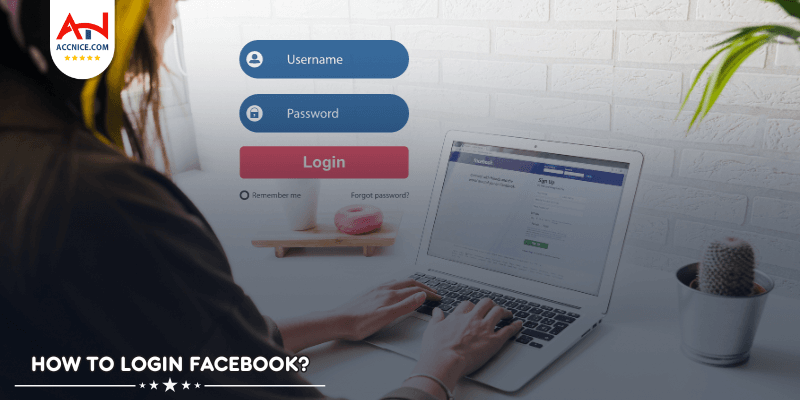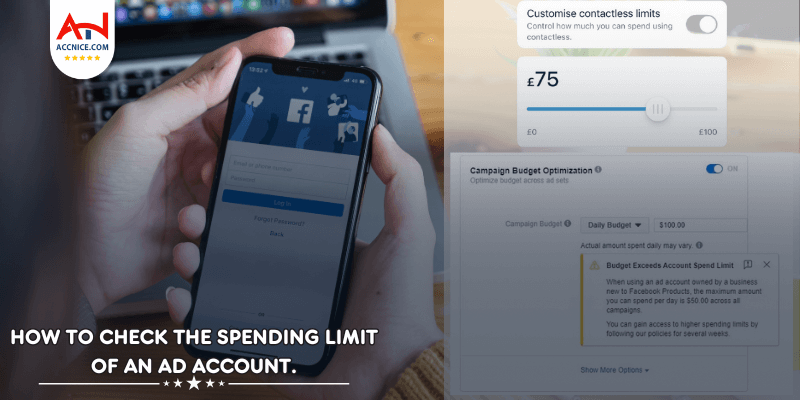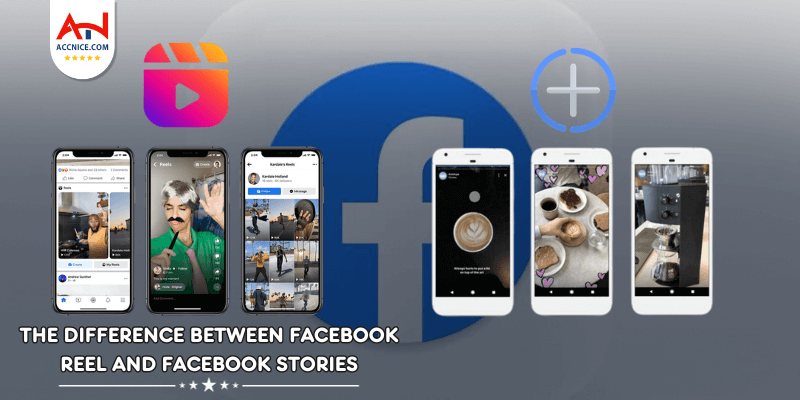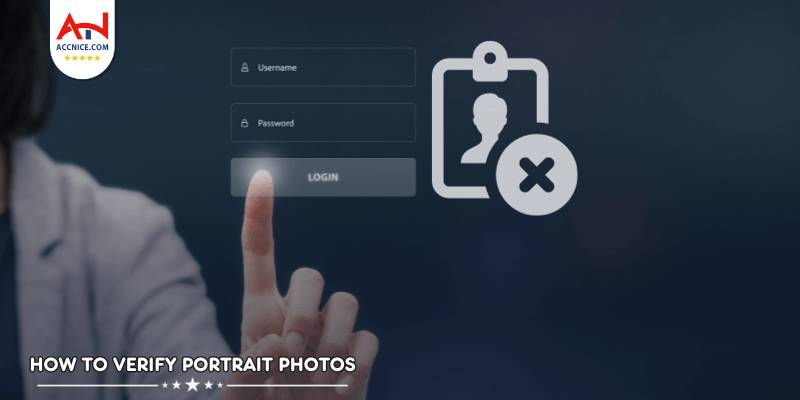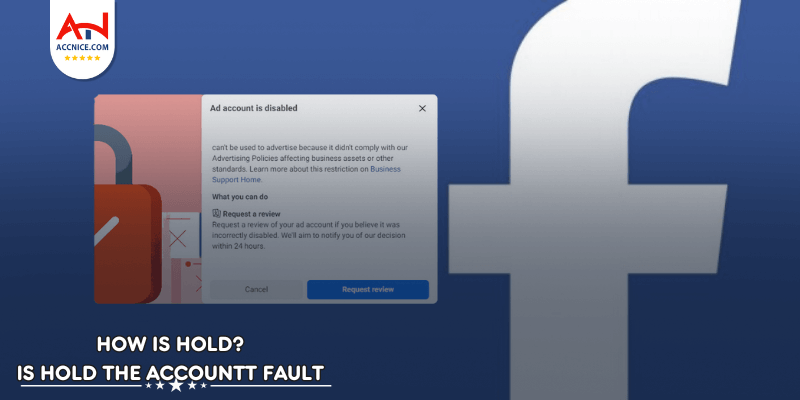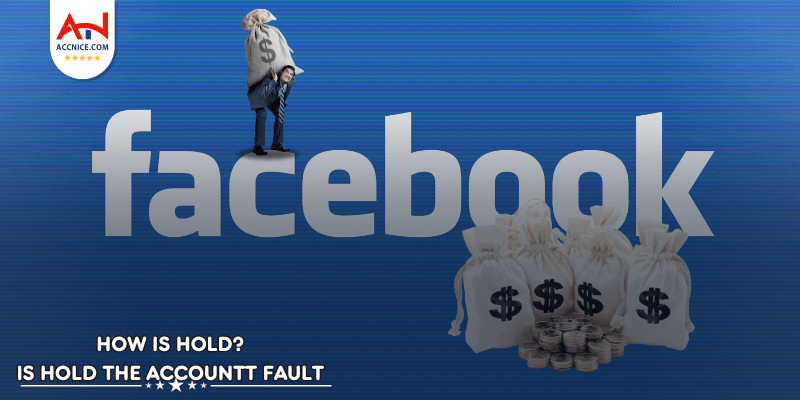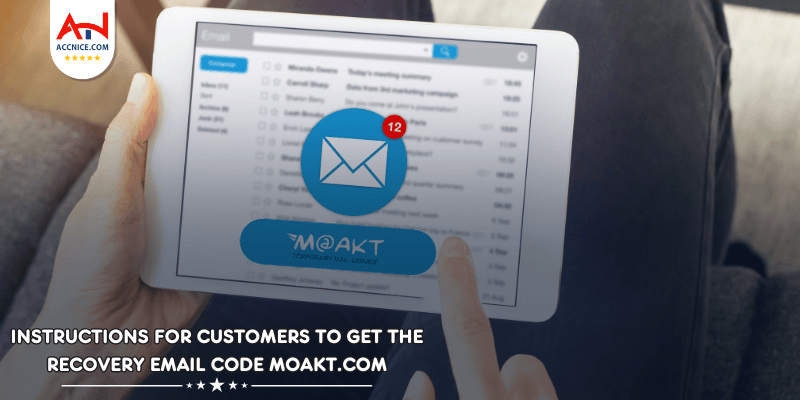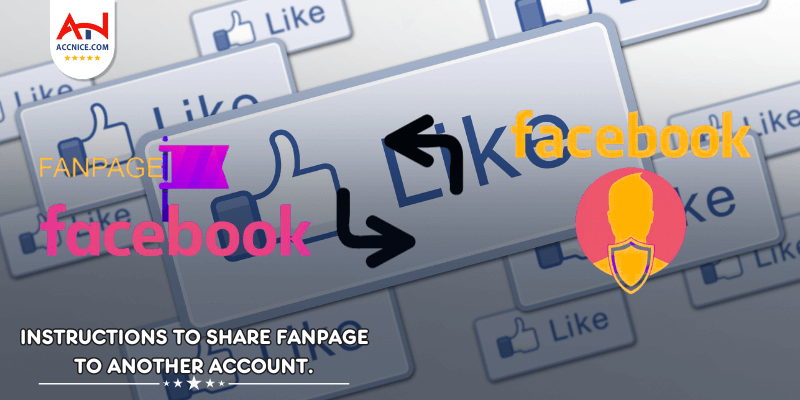
In today's digital landscape, businesses often grapple with the decision between establishing a presence on a Facebook Domain or creating a traditional website. Each platform offers unique benefits and limitations, and the choice can significantly impact a business's online strategy. This article provides a detailed comparison of Facebook Domains and websites, discussing their pros and cons to help businesses make informed decisions.
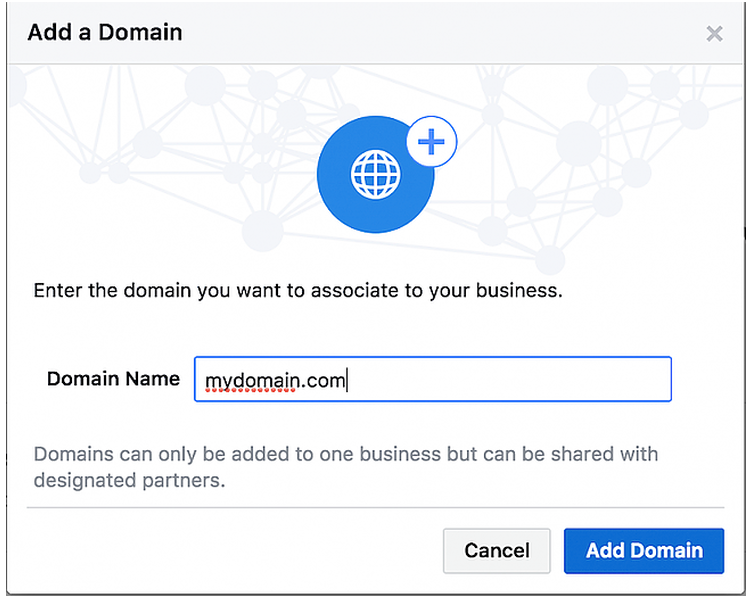
Definition and Functionality: Define a Facebook Domain as a custom URL used within the Facebook ecosystem.
Integration with Facebook Tools: Discuss how Facebook Domains integrate seamlessly with Facebook's marketing and analytics tools.
Ease of Use: Highlight the user-friendly nature of Facebook Domains.
Built-in Audience: Emphasize the access to Facebook's vast user base.
Integrated Analytics: Discuss how Facebook's analytics tools offer valuable insights into audience behavior.
Dependence on Facebook's Platform: Address the reliance on Facebook for traffic and visibility.
Customization Constraints: Discuss the limitations in terms of design and functionality customization.

Key Characteristics: Describe the core attributes of a traditional website.
Flexibility in Design and Functionality: Emphasize the customization possibilities of traditional websites.
Complete Control: Highlight the full control over content and design.
SEO Opportunities: Discuss the advantages of SEO in driving organic traffic.
Brand Identity: Explain how a website can be a central part of a brand’s identity.
Maintenance and Upkeep: Address the challenges in maintaining and updating a website.
Need for Technical Expertise: Discuss the requirement for technical skills or resources for website development and management.
Social Media Integration vs. Organic Search: Compare the audience reach through Facebook’s social platform versus organic search traffic.
Engagement Tools: Discuss the differences in engagement tools available on Facebook versus traditional websites.
Initial Setup and Ongoing Costs: Compare the costs associated with setting up and maintaining a Facebook Domain versus a traditional website.
Resource Allocation: Discuss the human and technical resources needed for each option.
Business Goals and Objectives: Offer guidance on how business goals should influence the choice between a Facebook Domain and a traditional website.
Target Audience: Discuss how the target audience can dictate the more suitable platform.
Combining Both Platforms: Explore the potential benefits of using both a Facebook Domain and a traditional website.
Balancing Pros and Cons: Provide insights on how to balance the pros and cons of each platform to maximize online presence.
Conclusion
Choosing between a Facebook Domain and a traditional website depends on various factors, including business goals, target audience, and resource availability. While Facebook Domains offer ease of use and a built-in audience, traditional websites provide more control and SEO opportunities. Understanding the strengths and limitations of each can help businesses make the best decision for their online strategy.

